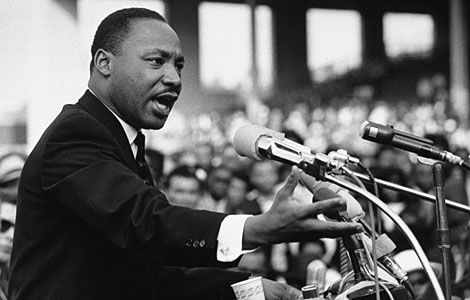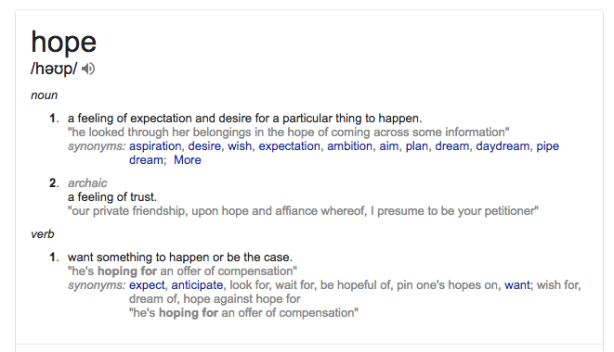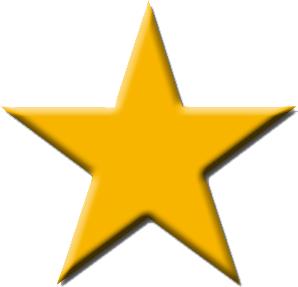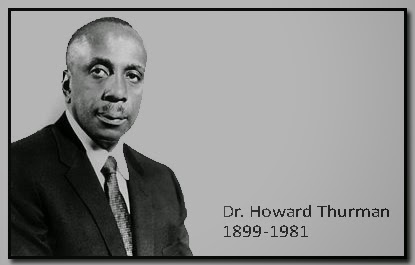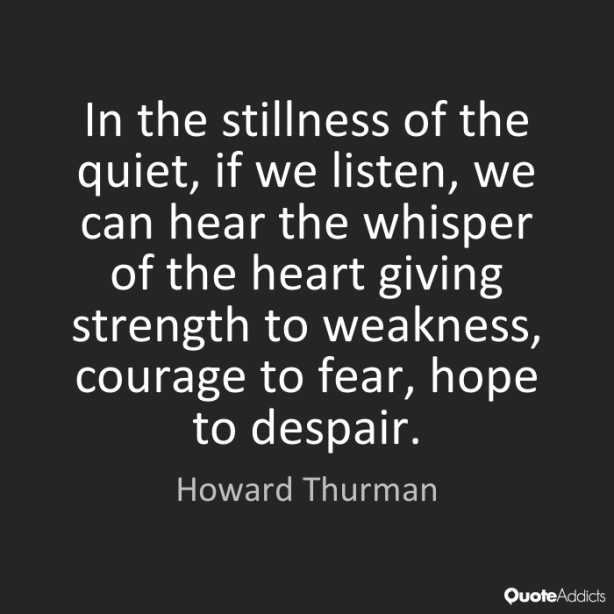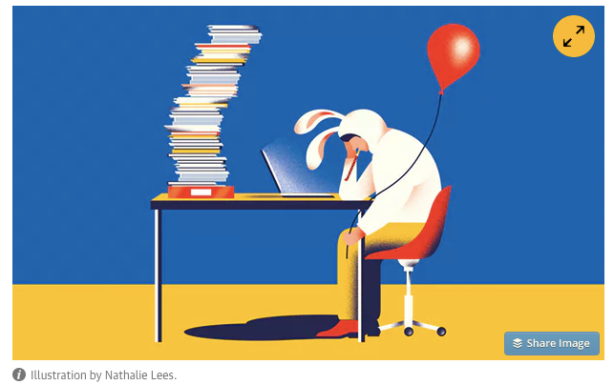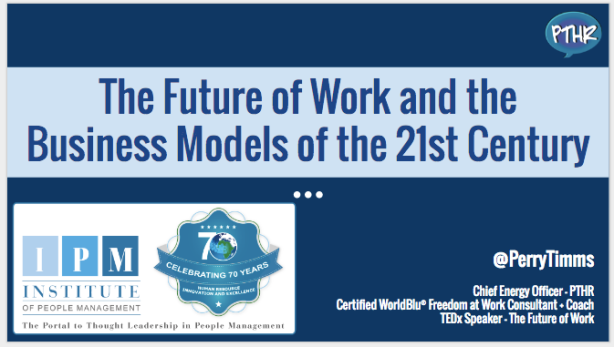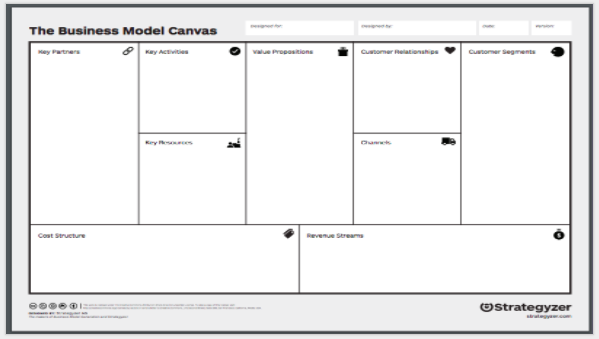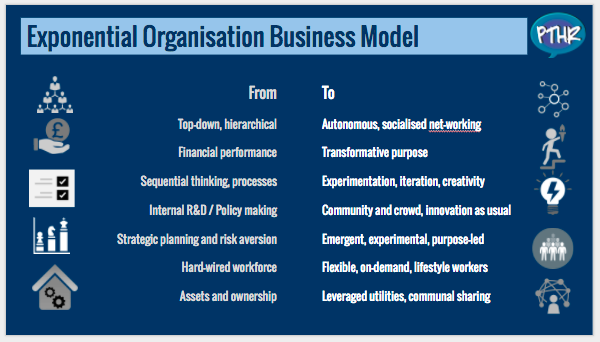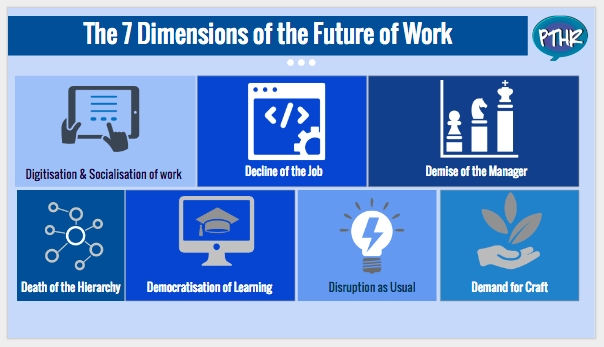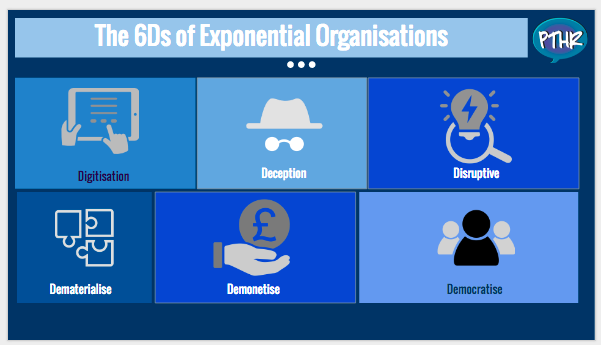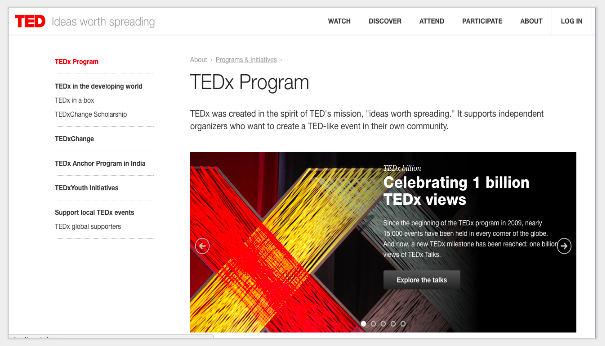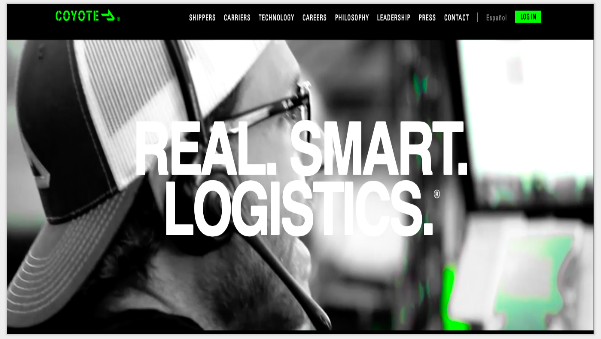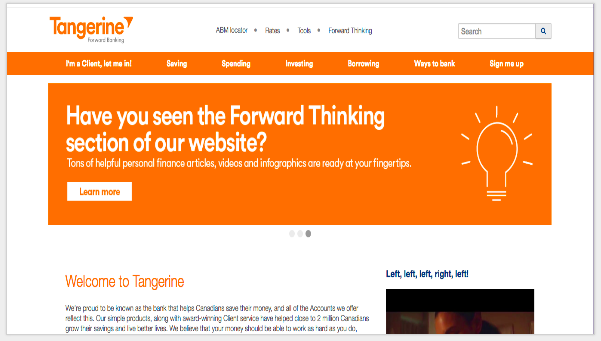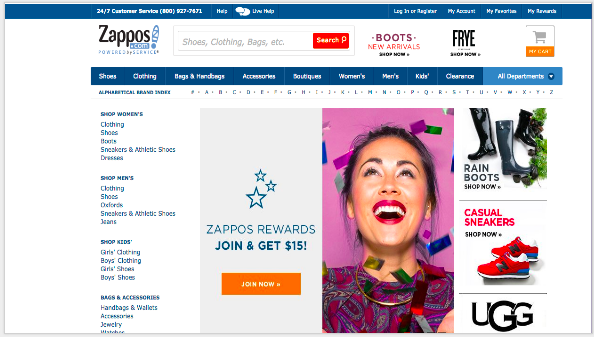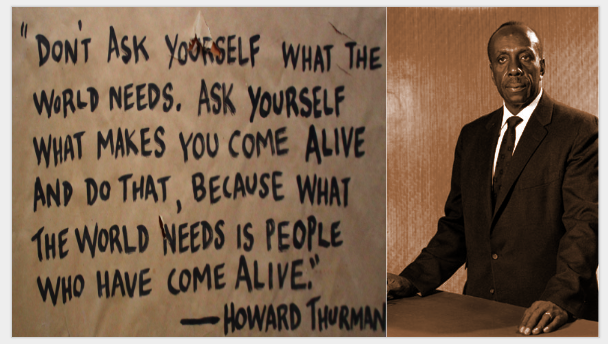With Mark Hendy’s latest challenge to come up with 5 songs you’d compile to a Mix Tape that has relevance to the challenges, aspirations and reality that is HR, it was always going to be interesting whether it was snappy titles; overall feelings or avoiding cliches that won the day when it comes to the playlist I wanted to put together.
Here we go then for a journey through the mainly soulful side of the musical spectrum.
You’ve Got To Earn It by the Temptations – a group that has recorded SO many standout songs that define not only soul music, but the male harmony genre, the Motown empire and resilience to be still touring in their 6th decade is some going. HR’s been around for that length of time too – Personnel, Industrial Relations and more. Now it really IS time to show how we’ve earned it. And by it, it’s the right to be listened to; joined in with; respected and regarded; included and acted upon. We (HR) have a long way to go to become the most influential of corporate functions and professions, but as we head into the automated new world of work, we have to earn the right to proclaim what many are now saying: The future of work is really about being human not about digital technology. We have to earn the right to mix human/digital in the workplace, to be trusted to reskill people when their work is now done by a bot and to refresh leadership for an era where command and control is the most questionable method of getting the best from talented people. So yes, fellow HR professionals, we can proclaim and posture but we have to earn it.
And how do we do that?
One Step Ahead by Aretha Franklin is one of her unheralded classics but just what is needed for HR to be more serious about its intentions as chief advisor on people, process and performance. We cannot be left out when Blockchain really does find a use in the world of work. We cannot be underequipped when having to manage the wide-scale use of machine learning instead of customer analysts; and we have to be alive to the modern ills of self-imposed political, socio-economic and mental health concerns facing us in a complex world with more anxiety than we’ve perhaps experienced since the time of World Wars and famine outbreaks. One Step Ahead isn’t some twee mantra, HR as a futures engineer, an architect of the possible and a trends spotting analyst has to be part of our makeup else we’ll be more reactive than we have time for. Speed, agility and creativity are what will keep us one step ahead. Not infighting and self doubts, not hype chasing and bandwagon jumping and definitely not pointless sticking to outdated best practice. Being One Step Ahead requires us to share, involve and be as one more than ever, else one step ahead becomes three steps back.
And what will that look like?
Little Child, Running Wild by Curtis Mayfield may hold some clues. It might seem like we’ve been the small kid at the back of the class no-one listens to, but when we show up politically savvy, technically onpoint and scientifically aligned, then people will take notice. Running Wild in this instance means being more pioneering (but with evidence or experiments that back up our wild child leanings) and with influence borne from taking the best of other disciplines and remixing them into some mash-up of breakbeats, strings and soulful vocals. We can no longer be simply safe. Simply compliant. We need to show more spirit than policies; show more invention than prohibition and show more adaptation than adherence. We may need to look like we’re running wild for a while, but this will set the tempo for others to embrace the new, challenge the tired orthodoxies and literally, show some rebellious tendencies. Running Wild has rarely – if ever – been HR’s trademark and maybe with so much to explore, gentle meandering is no match for running wild.
And what can we do with this wild energy?
Work To Do by The Main Ingredient is our calling. We know we have tasks the organisation needs us to execute on (recruiting; assessing; paying people; promoting people; letting people go) but we’ve got OTHER work to do now. Work as a place of safety in a mad mixed up world; Work that gives us esteem and belonging to others when all else is a polarised mix of unfathomable behaviours; Work as a saviour from greed, destruction and careless ways. Purpose-washing is a thing so we have work to do there – call to those who are faking to be more sincere, show more integrity and fess up and do something good instead. And boy we really really do have work to do. There’s so many things wrong with the way we educate, employ, enable, empower, advance, care for and reward ourselves in work and life, that we really do need a revolution. Which will not be televised (cue Gil Scott-Heron) but it will be something we need to design, test, adapt, design some more and keep doing it. Work to do is on work itself. A future post-capitalist, post-materialistic, post-individualistic might seem like a pipedream but we’ve work to do to establish a new shared wealth; restored planet and communal spirit. HR can lead this charge in the world of work with culture, purpose, values, and well-being; so maybe, just maybe, we can positively infect society too. We do though, have work to do people.
And what spirit do we need to tackle such huge aspects of life?
Muhammed Ali by Faithless is how. Sampling Archie Bell & The Drells “Strategy” is apt too here. But the essence of a fighter. Of someone who stuck to a set of principles so strong, they temporarily lost him everything. Who epitomised being different, talking himself into success and being a character larger than life. HR has been as far from an Ali-like spirit as anywhere in the corporate world but it’s time to channel that spirit. Invoke that energy and belief because we’re going to need to be the GREATEST we’ve ever been to tackle the most complex, existential threats to life, civilisation and what it means to be human there’s ever been. Machines taking over, unequal wealth distribution, people not sure if a bad past is better than an unknown future. Safety comes in knowing the fight, understanding your opponent but more so believing in yourself. Float and sting; shout and sing; dance and stand firm. Channeling our best Ali. HR’s future spirit.
So that’s my call. Earning it; being ahead; running wild; focus on the “work to do” and being supremely confident it’s in you to fight through.
Thanks Mark Hendy. Hope you like this HR MixTape 2019 PT-stylee.

